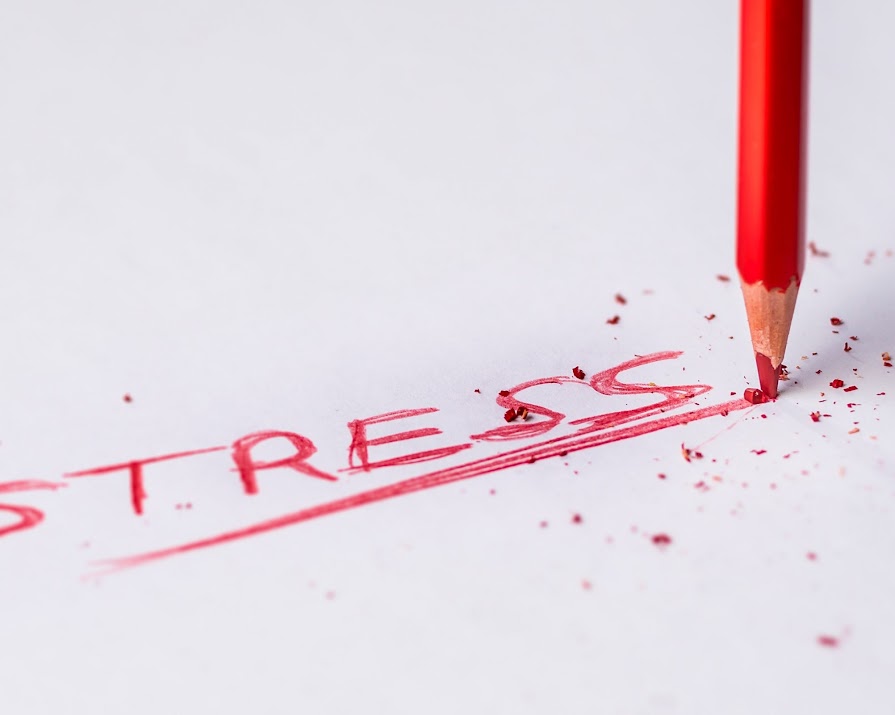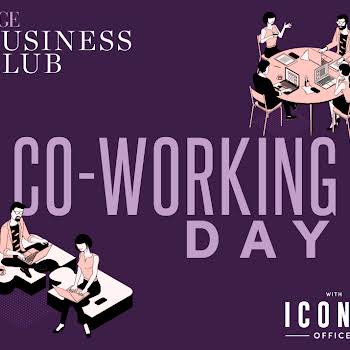
By Colette Sexton
12th Mar 2019
12th Mar 2019
Colette Sexton, news correspondent at The Sunday Business Post, on how to tackle work burnout before it harms your professional and personal life.
Workaholism is seen as a badge of honour by many these days. More often than not we describe ourselves not by our hobbies and interests but by our jobs. That kind of society can cause us to put pressure to value work above all else, including relationships. How often have you cancelled plans with family and friends to get just a bit more work done? While this can be unavoidable at times, it should not be a frequent occurrence. The more of yourself you pour into your work, the more likely you are to experience burnout.
The American Psychological Association’s David Ballard describes job burnout as “an extended period of time where someone experiences exhaustion and a lack of interest in things, resulting in a decline in their job performance”. Signs of burnout include feeling unmotivated, under-appreciated, emotionally drained, alienated by colleagues and bosses, exhausted, and cynical.
While burnout has always been a problem, it is thought to be getting worse. Research from University of Kansas professor of journalism Scott Reinardy in 2015 showed that female journalists are experiencing more job burnout and more intend to leave the field or are uncertain about their futures than their male counterparts. The survey of more than 1,600 journalists, including more than 500 women, found the trend of women experiencing burnout and intending to leave the field is increasing in comparison to his 2009 study. The 2015 study showed 67 per cent of women either intended to leave journalism or were uncertain about their future compared with 62 per cent in 2009 and 55 per cent of men in the 2015 study. And it’s not just journalists. Burnout is a frequent mental health problem among physicians, especially among clinicians in surgery in Germany, according to research published in The International Journal for Quality in Health Care.
While in the middle of a burnout, you will not be able to function normally, personally or professionally, and it also has several serious health side-effects. These include fatigue, depression, substance abuse, vulnerability to illnesses and anxiety.
Avoiding burnout is key, and there are several ways to protect yourself against it. Firstly, take breaks – whether that is a long lunch, a mental health day or even a 10-minute walk to recharge and make sure to take your holidays. Some 52 per cent of employees in US reported having unused vacation days at the end of 2017, according to Project Time Off from the US Travel Association. No-one will thank you for not taking your time off. Even Gay Byrne, one of the most successful people in Irish media, has said his biggest regret was giving so much time to RTE.
Secondly, if you’re feeling overwhelmed and overworked, it is worth talking to your boss or a trusted mentor about your feelings. You can also check if your employer provides Employee Assistance Programmes which offers confidential counselling and guidance for employees. If you need some time off, then talk to your doctor and your employer. A Finnish study in the Journal of Psychosomatic Research in 2008 found that men experiencing burnout were more likely to take extended sick leave than women. It is not a sign of weakness – it is a sign of strength to acknowledge the problem and deal with it before it takes over your life.
Finally, make sure to have a life outside work. Get a hobby, do some exercise, meet your friends and make sure to get at least seven to eight hours of sleep a night. Taking this steps will not only improve your professional life, your personal life will benefit too.























